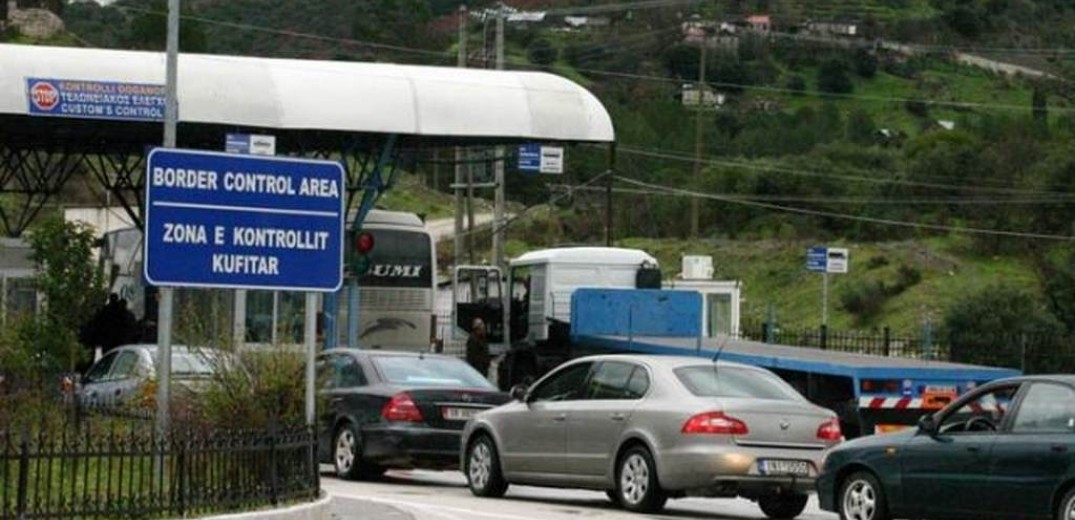The Greek government extended the validity of its decision to close land borders with North Macedonia, Albania and Turkey, as well as the ban on third-country nationals entering Greece for another two weeks, until 22 February 2021, BGNES reported.
The new decision to “introduce measures to temporarily restrict the country’s land, air and sea communications and to ban third-country nationals other than EU and Schengen countries” has already been published in Greece’s official gazette and entered into force this morning.
The first article of the Decision concerns Greece’s land borders, i.e. the temporary restriction of all land (road and rail) travel to and from Greece, as well as a ban on entry of persons on Greek territory, unless they meet specific requirements.
For tourists and foreign nationals to whom the ban does not apply, entry is allowed only through Bulgaria, i.e. through the Promahona border checkpoint (Kulata) and only with a negative PCR test for Covid-19, carried out 72 hours before arrival, but also with a negative result of a rapid test carried made at the entrance to Greece.
At other open border crossing points, entry into Greece is permitted only for certain categories, as well as with confirmation of a previous negative PCR test and a negative result of a rapid test at the border checkpoint carried out by the Greek authorities. These BCPs are open from 07:00 am to 11:00 pm.
The ban on entry into the country does not apply to Greek citizens, persons with a residence permit and persons living in Greece, for the entry of persons with professional or medical reasons for which they have the necessary documents, for trucks, as well as for the transit of ambulances entering Greece from Kosovo via North Macedonia to hospitalize patients from the diplomatic corps, the military or administrative staff of the EU Member States and EULEX in Kosovo.
Seven border points are opened for freight trucks, four on the borders with Bulgaria and one each with Turkey, North Macedonia and Albania, and the mandatory certificate for a negative PCR test does not apply to drivers.
As before, exceptions to the entry ban is made for nationals of the Member States of the European Union and the Schengen area and residents of Australia, New Zealand, Rwanda, South Korea, Thailand, Singapore, the United Kingdom, the United Arab Emirates, Russia and Israel.
Certain categories of citizens, such as medical staff and healthcare professionals, those authorized to reside in an EU member state or Schengen area, members of government missions, diplomats, truck drivers carrying goods, transit passengers, students, care workers for elderly and disabled and seasonal farm workers, are also excluded.
For all who are eligible to enter Greece, in addition to the negative PCR test, it is necessary to have completed the special PLF form (Passenger Location Form), and a seven-day home quarantine is mandatory.
The Greek Civil Aviation Administration (CAA) has announced that it is extending air travel restrictions for domestic and international flights until February 15 and February 22, respectively. Travel restrictions refer to mandatory PCR tests and quarantine, PLF form, for non-EU countries, with some exceptions, as well as specific instructions for some countries such as the UK and Russia.
All travelers entering Greece from any foreign country, including EU Member States, will be subject to mandatory safeguard restrictions at home or at the place of temporary residence indicated on the PLF form for seven (7) days, unless they remain in Greece for a shorter period, in which case the temporary restriction will be valid for that period, i.e. until their departure.
In addition, foreign passengers will be subject to a test upon arrival. If the test is positive, they will be quarantined for 14 days.

